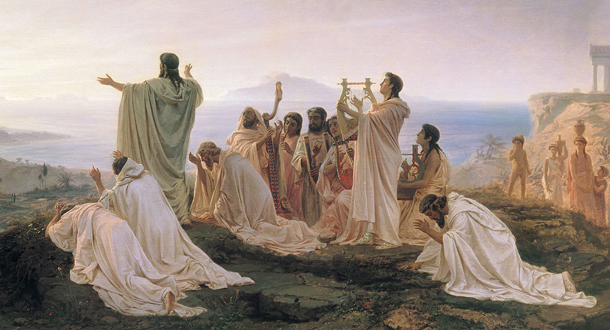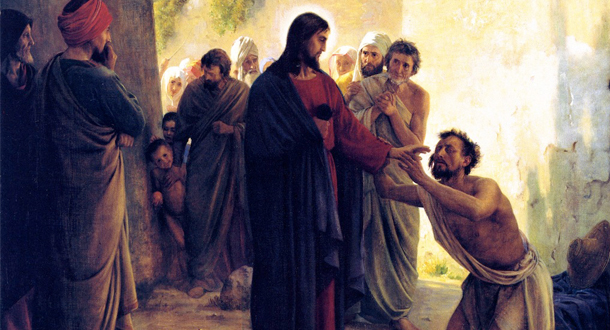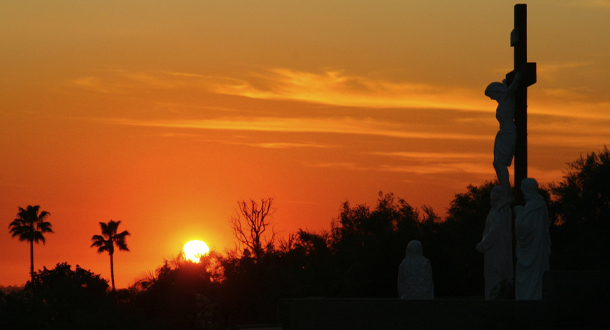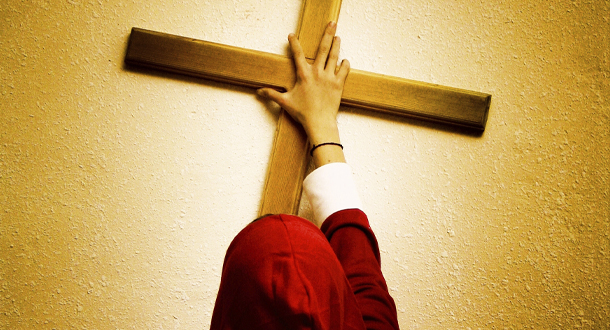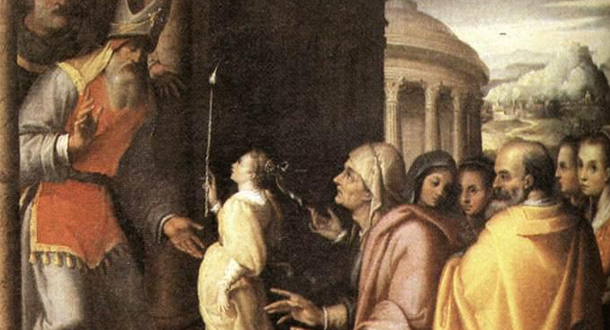
Memorial of the Presentation of Mary
Scripture:
Revelation 5: 1-10
Luke 19: 41-44
Revelation:
Although the Presentation of Mary cannot be proven historically, the feast does have an important theological purpose. The presentation of Mary in the temple continues the impact of the Immaculate Conception and the birth of Mary. What does this mean? This feast has an important truth to it. Mary was dedicated to God from the very beginning of her earthly existence. The first reading focuses on the Jerusalem temple. Mary is a greater temple than that made by hands. We too, are temples of God and called to share in God’s saving work.
In the First Reading from the Book of Revelation the New Jerusalem is described where true worship of God takes place. The heavenly temple can never be destroyed. In the Gospel reading Jesus weeps as he looks over the Jerusalem temple knowing that it would be destroyed in 40 to 45 yearss.
This temple is where he was dedicated to God and where he worshipped.
(reflectionsbybob.weebly.com/nov-21-2024—memorial-of-the-presentation-of-mary-readings-from-thu-of-33rd-week-in-ord-time.html) (Memorial of the Presentation of Mary, Tuesday, November 21, 2024, Reflections by Bob Kondraft.)
Our reading emphasizes the experience the presence of God in the Jerusalem temple and God’s word in the scroll.
When have we experienced the presence of God? What were we doing when we experienced God’s presence? What sort of feelings do we get when weI experience God’s presence? Do we have a special place where we experience God. What can we do to assist others to experience the presence of God. (Ibid,)
Dear God, we ask you to experience you in the place where we very seldom realize and turn to, that is within my very self. You are there within us 24-7, 365 days, every day of my life. Give us the grace to practice this presence of you within us each day.
Carl Middleton is a theologian/ethicist and a member of the Passionist Family.


